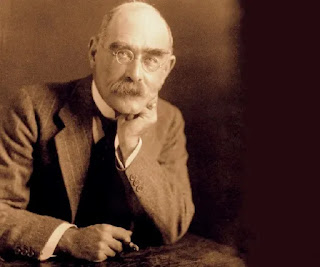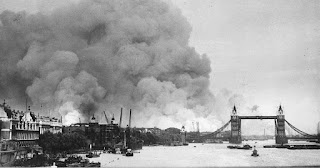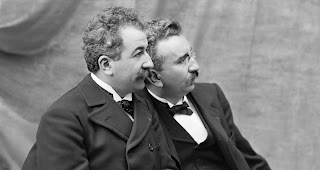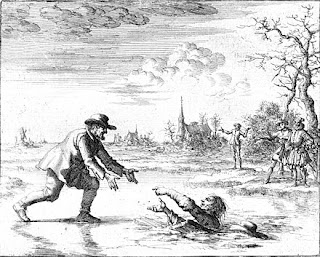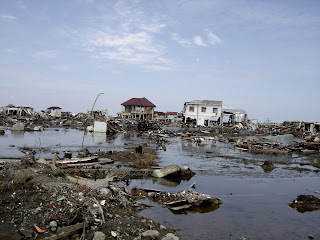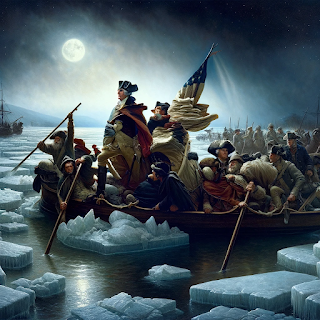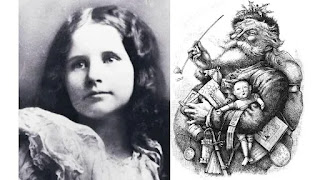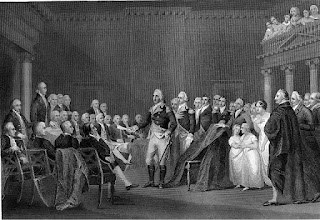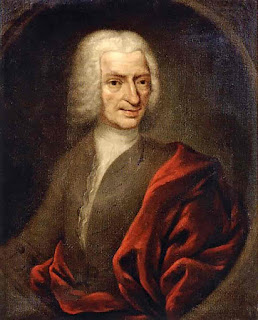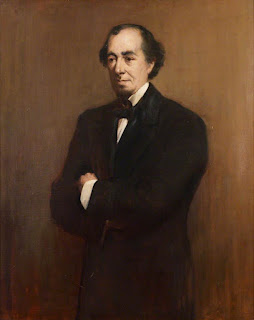Hogmanay: Scotland's Beacon of Hope and Celebration

As the last day of the year approaches, Scotland is illuminated with Hogmanay's vibrant and heartwarming spirit. This isn't just a New Year's Eve celebration; it is a festival steeped in history and tradition, uniquely Scottish and richly woven with customs that kindle warmth and camaraderie even in the heart of winter. The cold, starry nights are set ablaze with fire festivals, where communities gather, and the air is filled with the scent of burning pine from the fireball-swinging ceremonies in Stonehaven, casting a warm, orange glow over the faces of onlookers. The fire, crackling and bright, symbolizes the sun and is a potent reminder of longer days ahead, driving away the darkness of winter and any lingering spirits from the old year. At the stroke of midnight, amidst the explosion of colorful fireworks painting the winter sky, the melodious strains of "Auld Lang Syne" rise and swell in unison with voices. Penned by the beloved Scottish poet Robert Burns,...
